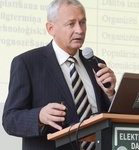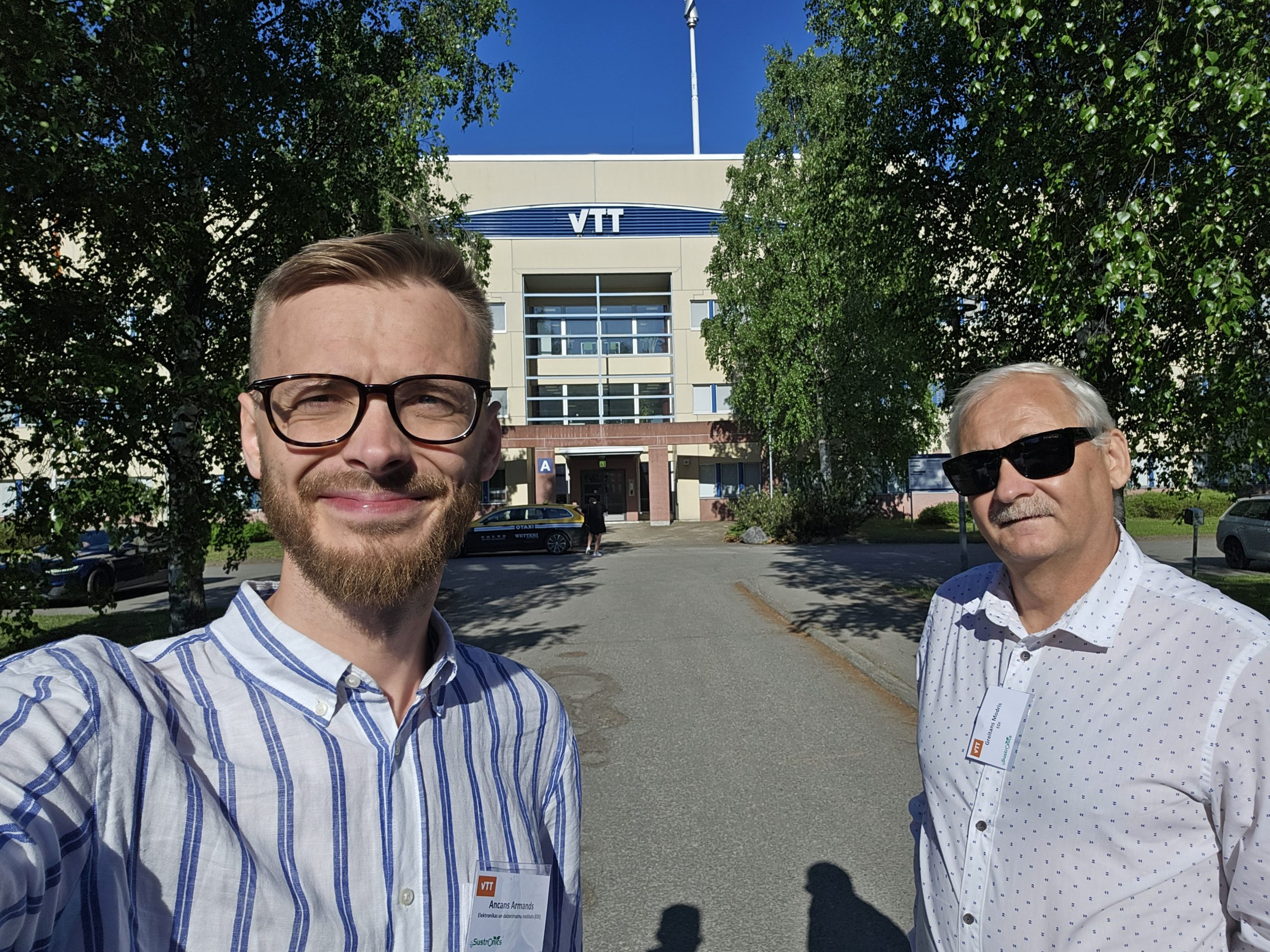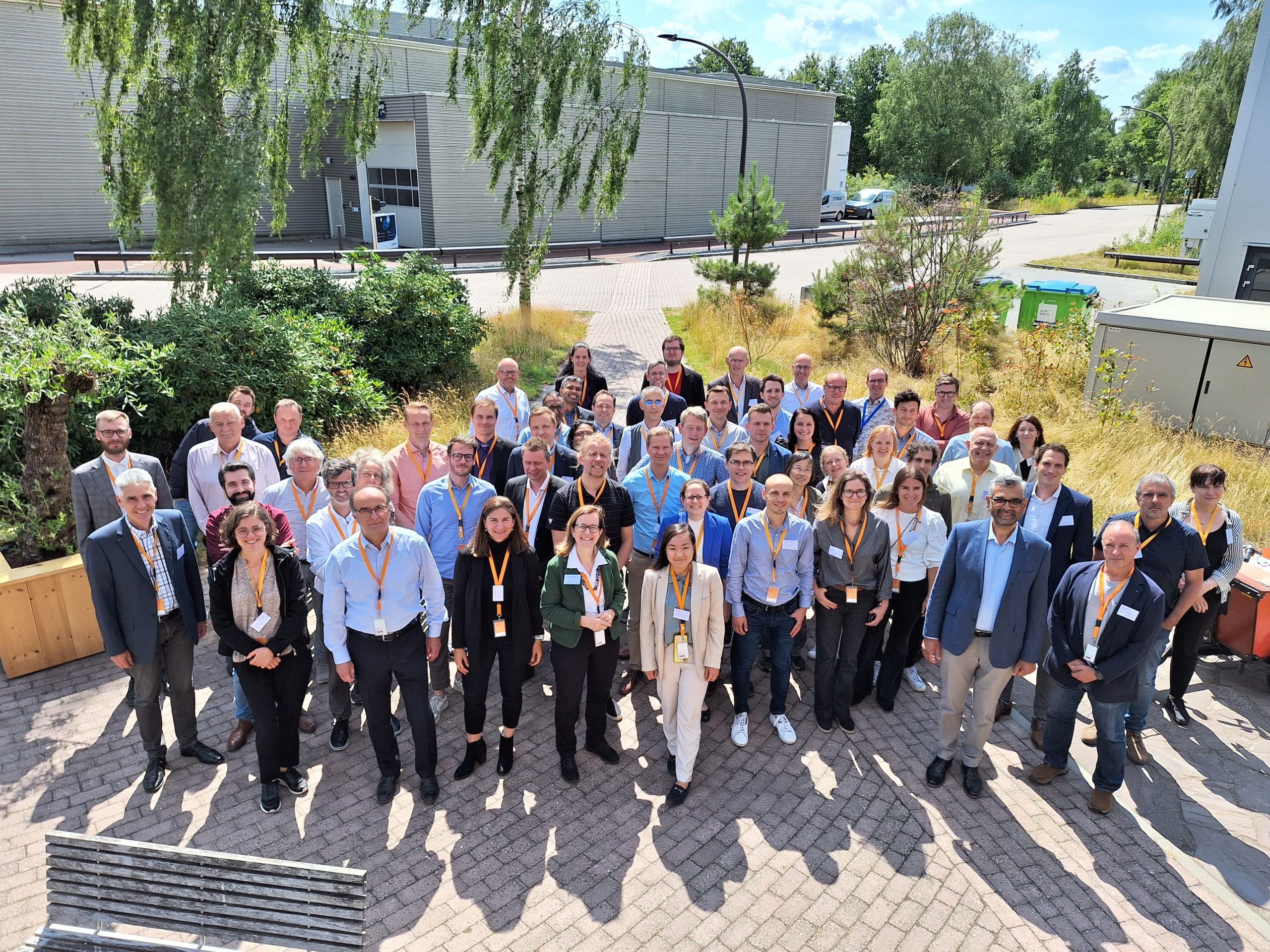
In the ever-evolving landscape of the electronics industry, the need for sustainable practices has never been more urgent. The sector’s substantial environmental footprint, marked by the mounting e-waste dilemma, escalating demand for critical raw materials, and the energy-intensive manufacturing processes, necessitates transformative change. At the forefront of this change is the potential for the electronics industry to transition from fossil-based materials to eco-friendly alternatives, curtail excessive metal consumption, embrace additive manufacturing techniques, and develop compact, integrated components. A broader shift can be achieved through the adoption of circular economy models, fostering the reusability, recycling, and repair of vital materials and components.
The core objective of the Sustronics Project is to propel the European electronics industry towards a circular economy paradigm. By championing eco-design principles, harnessing the potential of bio-based materials, and advocating for material- and energy-efficient manufacturing, Sustronics aspires to revolutionize electronics products. Through meticulous re-design, our project seeks to render electronics products circular, compostable, and reusable. In doing so, we aim to not only mitigate environmental impact but also highlight the promising business prospects that lie within sustainable electronics.
Key Aspects Guiding Sustronics
Sustronics stands on the pillars of meticulous research and strategic implementation. Central to our approach are:
- Environmental Impact Quantification: Rigorous assessment of environmental impact guides our decisions, ensuring effective and meaningful change.
- Business Model Refinement: Through dedicated efforts, we refine business models that harmonize sustainability with economic viability, creating a win-win scenario for all stakeholders.
- External Stakeholder Engagement: Collaborative endeavours with external partners, including industry leaders and policy influencers, enrich our perspectives and strengthen the collective commitment towards sustainable electronics.
- Policy and Standard Adherence: Ensuring compatibility with established policies and standards guarantees the longevity and impact of our initiatives.
Pioneering Change Across Key Sectors
The Sustronics Project extends its influence across diverse sectors, notably healthcare, diagnostics, and industry. Project focus areas encompass:
- Healthcare Advancements: From medical devices to personal health tools, we’re reshaping healthcare technology for a greener future.
- Diagnostic Solutions: Exploring single-use and wearable diagnostics to enhance sustainability in diagnostic practices.
- Illuminating Sustainability: Developing sustainable lighting solutions that blend innovation with ecological consciousness.
- Driving Green Mobility: By embedding electronics in automotive systems, we contribute to the eco-friendly evolution of transportation.
EDI Role in Sustronics
In Sustronics project EDI will involve in Pilot#2.2 undertaking the development of a wearable system designed for bio impedance measurements. This system will have a primary emphasis on the continuous monitoring of bio signals associated with cardio-respiratory activities. EDI’s contribution will involve a significant innovation in reshaping cardio-respiratory monitoring techniques through the utilization of environmentally sustainable materials and the implementation of highly energy-efficient methodologies for extracting pertinent health related information.
Additionally, EDI will develop methods for standardized manufacturing wearable sensor networks. The focus is on reducing material waste and manufacturing costs and energy spent for manufacturing wearable sensor networks. Potential materials, wearable network interconnect technologies will be evaluated for power and data transfer within wearable systems.
Reports
Report – Methodology for sustainable manufacturing process of wearable systems
Sustronics is supported by the Chips Joint Undertaking and its members, including the top-up funding by National Authorities under Grant Agreement No 101112295.
Funded by the European Union. Views and opinions expressed are however those of the author(s) only and do not necessarily reflect those of the European Union or the granting authority. Neither the European Union nor the granting authority can be held responsible for them.








